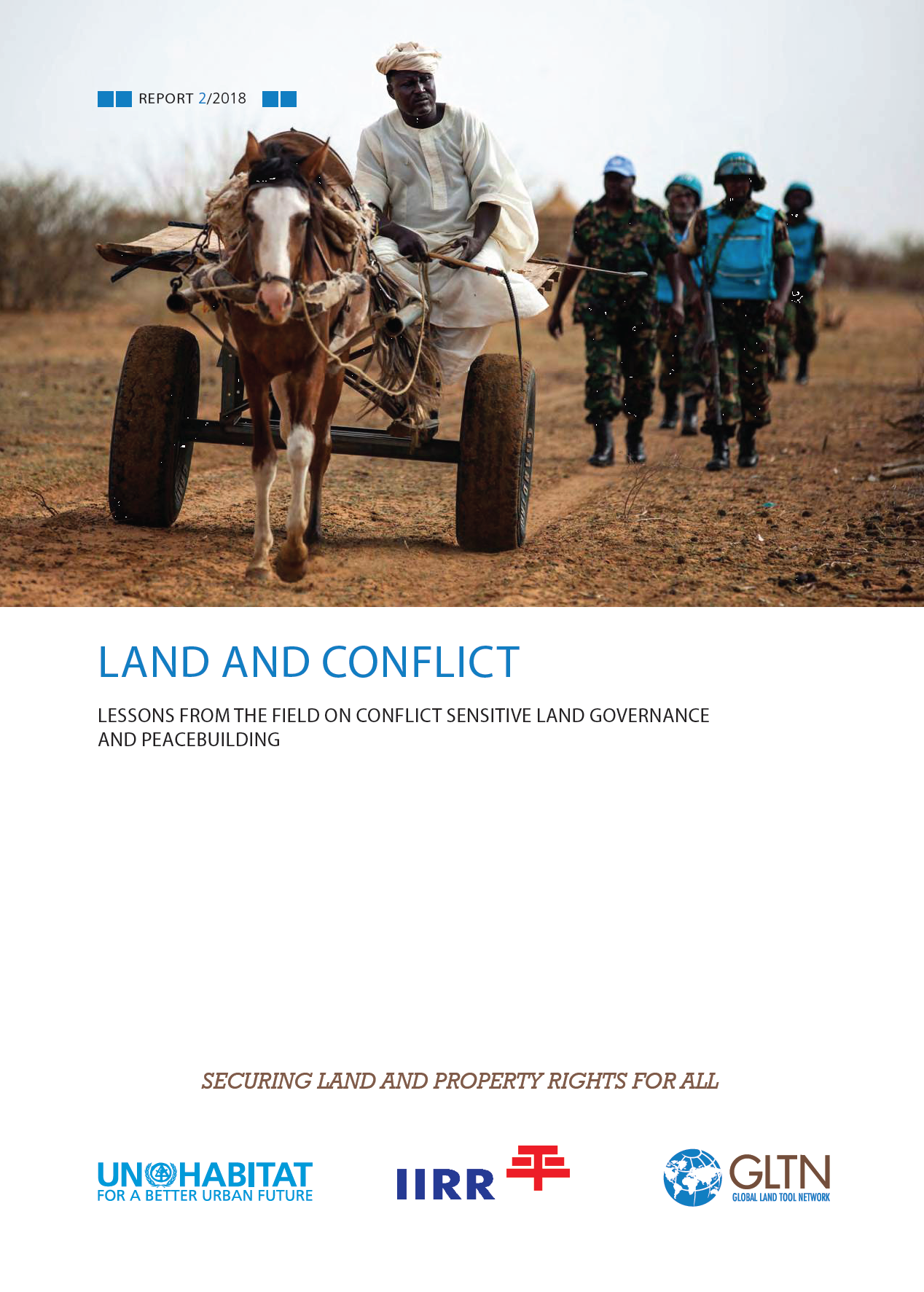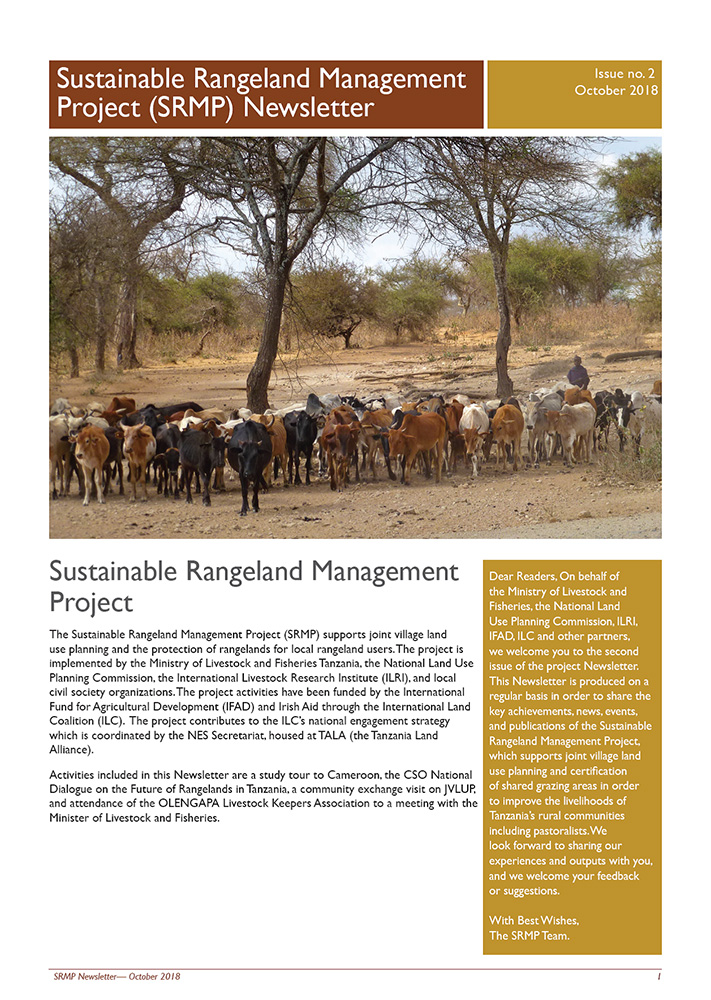Better land access for the rural poor. Lessons from experience and challenges ahead
Main chapters cover access to land and poverty reduction, land redistribution, and securing land rights. The last includes the role of land markets, women’s land rights, securing local resource rights in foreign investment projects, protecting the rights of indigenous peoples and pastoralists, conflicts.





